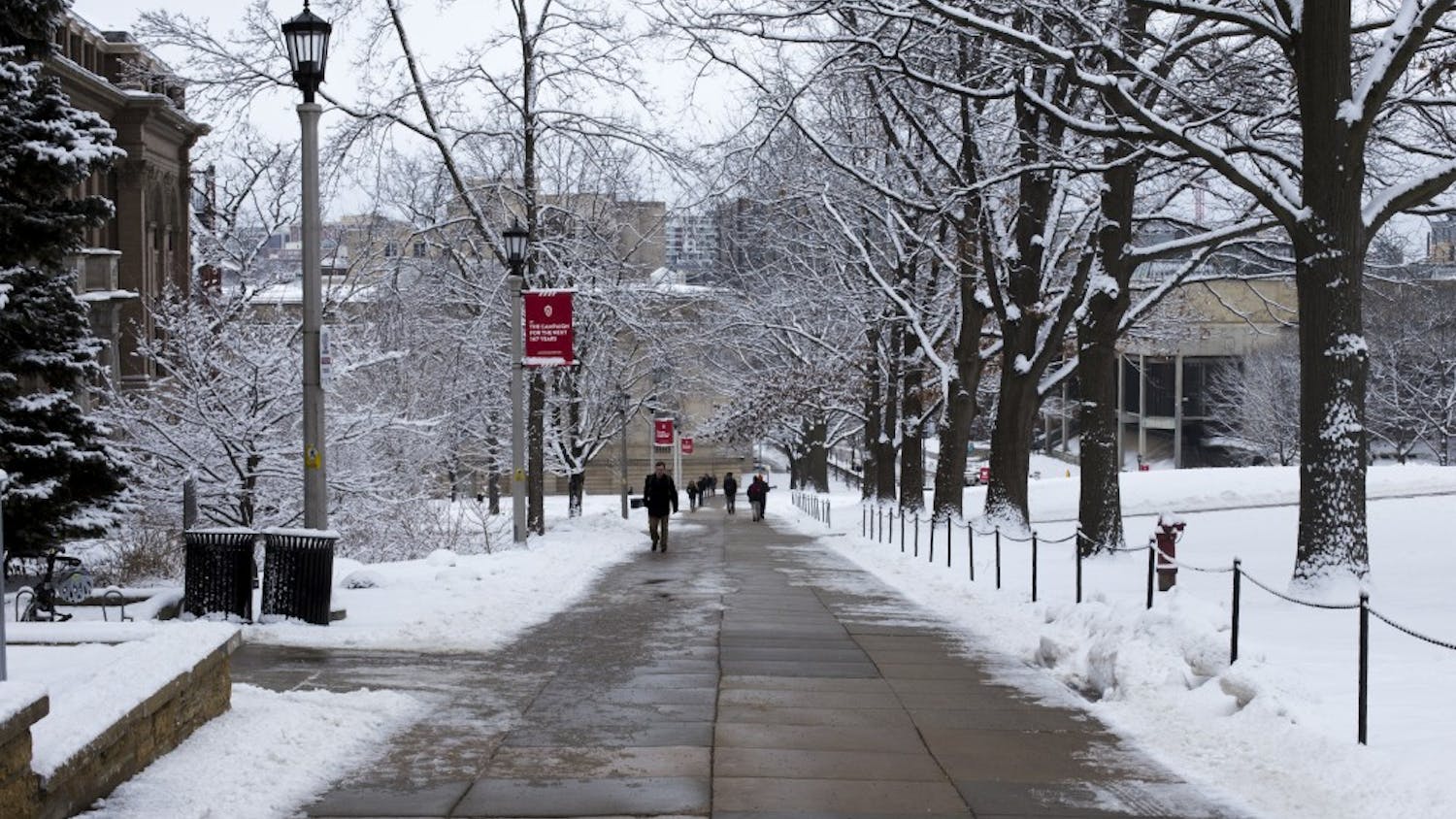For most UW-Madison students, an apartment near campus represents a first foray into the world of renting. For almost as many students, this first renting experience inevitably leads to the conclusion that landlords are inherently slow to repair leaks and light fixtures, but operate swiftly when it comes to collecting rent and requiring a decision on lease renewal. For years, landlords could force new tenants to decide as early as move-in day whether to renew their lease, before even the first class of the semester began.
Imagine being forced by your landlord to make your renewal decision before unpacking or meeting your new neighbors. If you don't sign, you probably won't stay another year, even if you end up liking the place. If you do sign, and the apartment turns out to have a roach problem, a sky-high heating bill or hopelessly inharmonious fengshui, you're out of luck--stuck in squalor, debt or with an unbalanced chi for as many as two years.
As unreasonable as such a demand is, there was no legal protection for a new tenant's right to live in the apartment before deciding whether to renew. Though this arrangement was clearly favorable to landlords seeking to fill their spaces well in advance, it denied students--and all Madison tenants--the opportunity to make a thoughtful decision about where they might want to live in the future.
Almost as frustrating to many student tenants was returning home from a long day of classes, looking forward to a few hours of uninterrupted eating, studying or relaxing and finding notification that strangers would be touring their apartments in succession for as many as several hours. A landlord's freedom to show an occupied apartment was essentially unrestricted and resulted in a profound inconvenience for many students every year.
Thanks to a policy implemented late last year in response to an admirable student lobbying effort, however, these practices have ended. The Tenant Right to Privacy Ordinance that was originally submitted and sponsored by Ald. Mike Staude, District 8, and which was vigorously backed by a strong contingent of concerned students, stipulates that landlords cannot demand a renewal decision until one-third of the term of the lease is complete (Dec. 15, in the case of one-year leases). The ordinance also included restrictions on how often and for how long occupied apartments can be shown to prospective tenants. That this ordinance was conceived, introduced and summarily passed is a collective credit to the oft-maligned ranks of student activists, student-district council members and Associated Students of Madison leaders.
Still, further progress must be made. At present, even as landlords could not sign an apartment away for the August 2001 to August 2002 term until last December, they were not required to offer a \first shot"" of renewal to current tenants before signing the apartment away. Without an added ordinance to guarantee the option of renewal, student tenants will not enjoy the full desired effect of the Tenant Right to Privacy Ordinance.
Perhaps most troubling to students and the entire Madison community is the lack of any system of official background checks for prospective residential developers. The need for such a policy became startlingly clear last summer when Chris Houden--once honored by ASM as the landlord of Madison's worst apartment--submitted a proposal for a 12-story residential development on Johnson Street. Houden had what Staude describes as a ""thick stack"" of severe city housing violations ranging from lack of heating to shoddy wiring and rodent infestation in his other Madison-area properties. Yet had his dubious honor from a few years prior not piqued Staude's curiosity and convinced him to pull Houden's file, this ""stack"" of violations would not have come up in the Common Council's discussion of the project.
There was then, and there is now, no set procedure through which the disreputable history of a landlord prevents city approval for new developments, or even gets discussed by the council. Thanks to the uncommon inquiry, however, the council was able to set some important conditions for the new development's eventual approval. Houden agreed to hire a new management staff and guaranteed the development's site management would be both certified and regularly reviewed by city building inspectors in the future.
On both of these lingering issues, Staude has stated that he has ordinance proposals in the works. Yet the introduction of new proposals alone will not be sufficient to build upon last year's victories for tenants' rights. Rather, a renewed effort on the part of even more concerned students, ASM leaders and progressive-minded council members is necessary for these goals to be realized.





